The top 10 global current affairs from September 6, 2023:
1. Switzerland is the world’s best country.
The 2023 Best Countries ranking by U.S. News & World Report is based on a survey of global citizens who were asked to rate countries on a variety of factors, including quality of life, entrepreneurship, cultural influence, and political stability. Switzerland topped the list for the fifth time in the past six years, followed by Denmark, Finland, Iceland, and Norway. The United States dropped to 17th place, its lowest ranking since the list began in 2016.
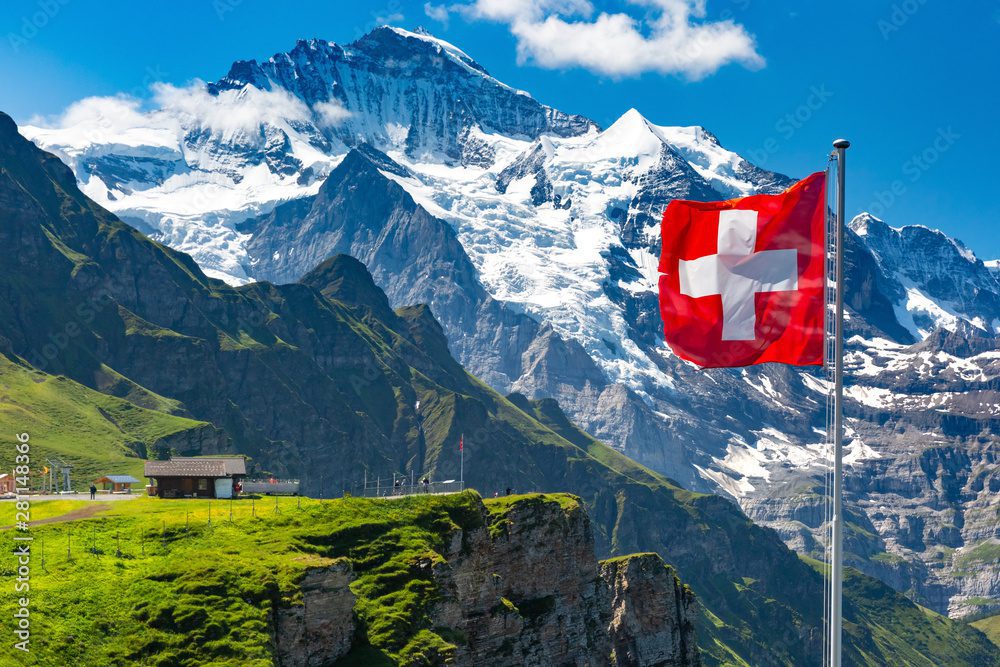
Switzerland’s high ranking is due to its strong economy, excellent healthcare system, and high quality of life. The country is also known for its political stability and its neutrality in international affairs.
2. The war in Ukraine continues.
The fighting between Russia and Ukraine has entered its sixth month, with no end in sight. The United Nations estimates that over 10,000 civilians have been killed in the conflict, and millions of people have been displaced from their homes.
The war has had a devastating impact on Ukraine, and has also had a ripple effect on the global economy. The price of oil and gas has risen sharply, and there are concerns about a global food shortage.
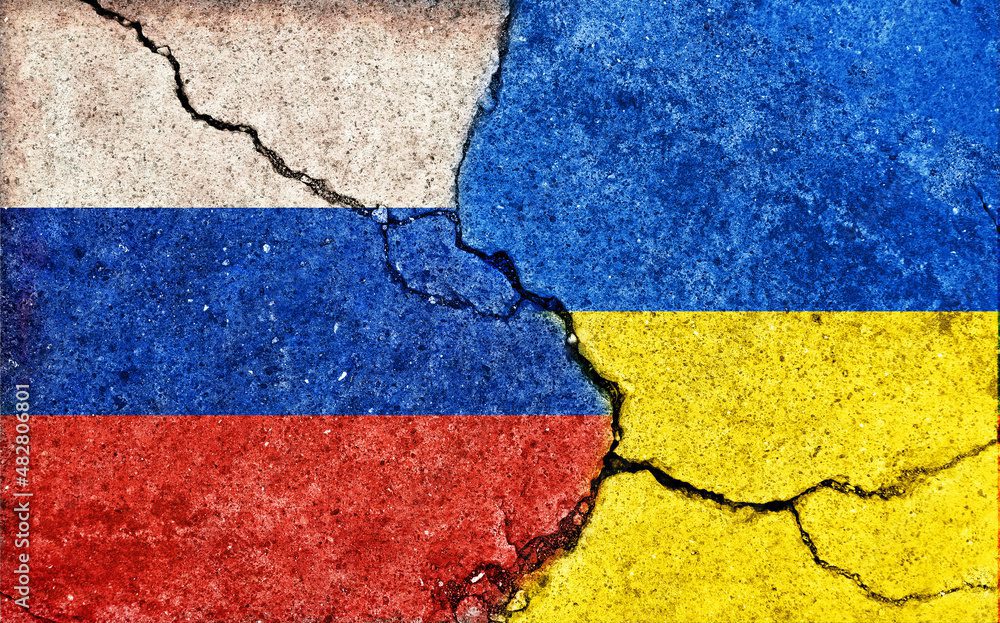
The United States and its allies have imposed harsh sanctions on Russia in an effort to pressure the country to end the war. However, the sanctions have had a mixed impact, and they have also hurt the economies of the countries imposing them.
3. China’s economy slows.
China’s economy grew at its slowest pace in 28 years in the second quarter of 2023, as the government’s zero-COVID policy weighed on growth. The slowdown is raising concerns about the global economy, as China is a major trading partner for many countries.
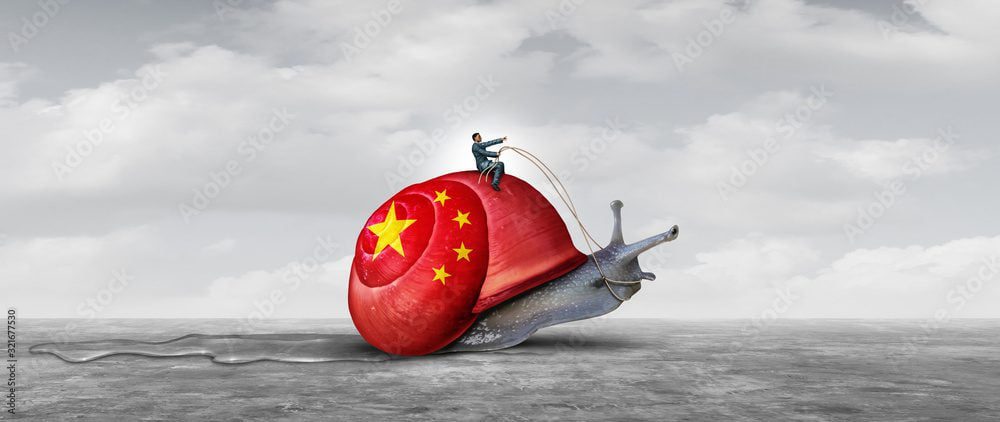
The Chinese government has implemented a strict lockdown policy in an effort to contain the spread of COVID-19. However, the lockdowns have disrupted businesses and caused economic damage.
The Chinese government is expected to take steps to boost the economy, but it is unclear how effective these measures will be.
4. US inflation hits 9.1%.
Inflation in the United States hit a 40-year high of 9.1% in June, the highest level since 1981. The surge in inflation is putting pressure on household budgets and is a major challenge for the Federal Reserve.

The Federal Reserve is expected to raise interest rates in an effort to cool inflation. However, there are concerns that raising interest rates too quickly could lead to a recession.
5. Sri Lanka declares bankruptcy.
Sri Lanka has declared bankruptcy, becoming the first country in Asia to do so since the COVID-19 pandemic began. The country is struggling with a severe economic crisis, caused by a combination of factors including a lack of foreign exchange reserves, rising debt, and a shortage of fuel and food.
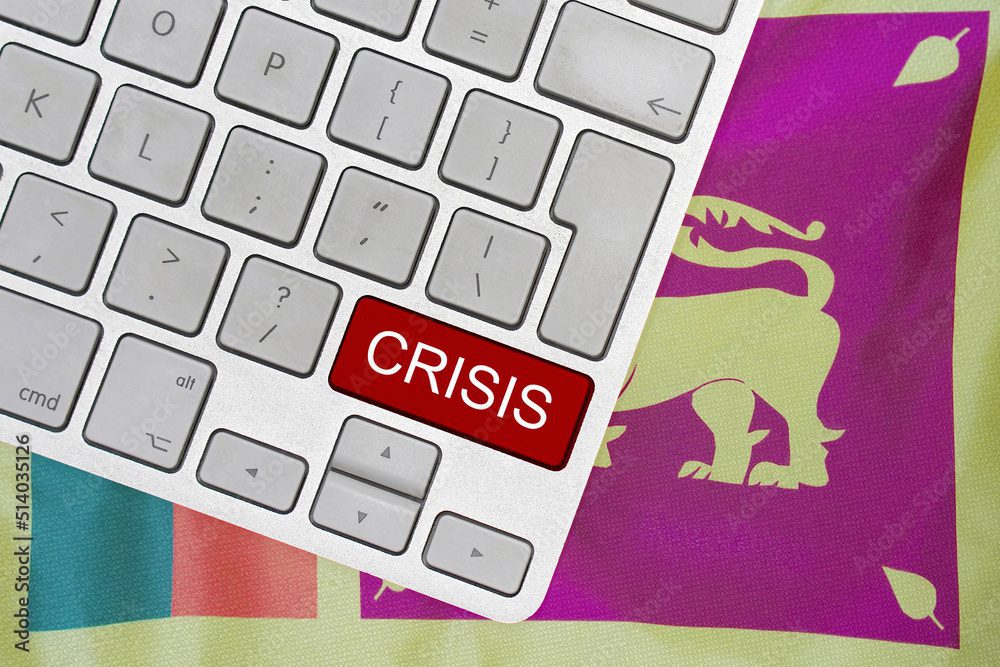
The Sri Lankan government is in talks with the International Monetary Fund (IMF) for a bailout. However, it is unclear how much money the IMF will be willing to provide.
6. Monkeypox cases continue to rise.
The World Health Organization (WHO) has reported over 14,000 cases of monkeypox in 70 countries. The WHO is not yet recommending mass vaccination, but is urging countries to strengthen surveillance and contact tracing.

Monkeypox is a rare but potentially serious viral illness that can be transmitted from animals to humans and from person to person. The symptoms of monkeypox include fever, rash, and swollen lymph nodes.
The majority of monkeypox cases have been reported in Europe, but cases have also been reported in North America, South America, Africa, and the Middle East.
7. Hurricane season begins in the Atlantic.
The Atlantic hurricane season officially began on June 1, and the first named storm, Alex, formed on June 5. The National Hurricane Center is forecasting an above-average season, with 14 to 21 named storms.
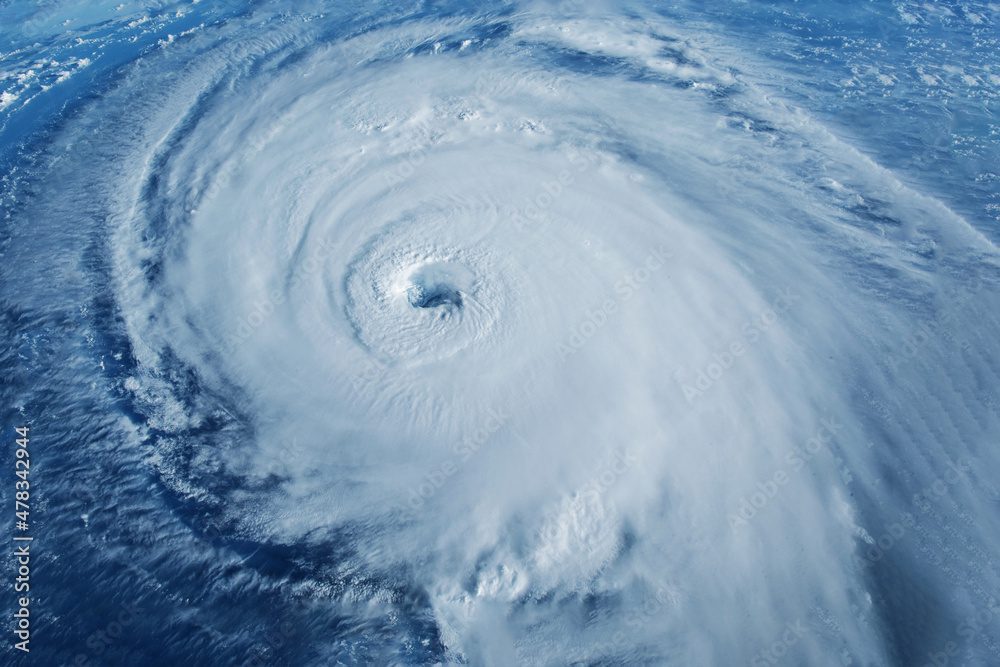
The Atlantic hurricane season typically runs from June 1 to November 30. However, storms can form outside of this period.
The most active time for hurricanes in the Atlantic is from August to October.
8. North Korea fires suspected ballistic missile.
North Korea fired a suspected ballistic missile into the sea on September 5. The launch is the latest in a series of missile tests by North Korea this year.
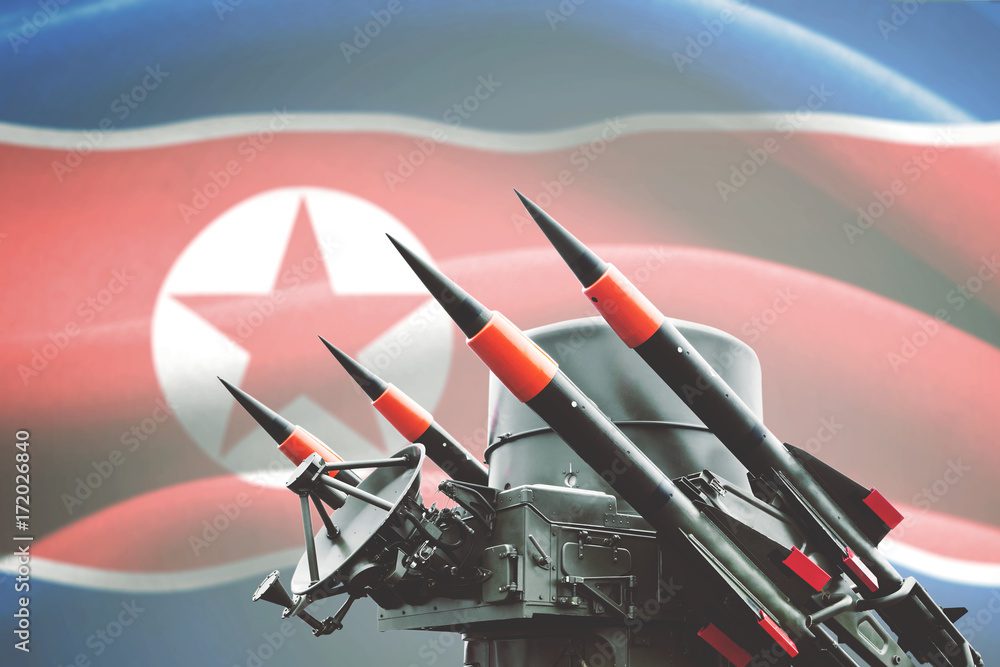
North Korea has been developing its missile program for years, and it is believed to have the ability to launch nuclear weapons.
9. Pope Francis apologizes for Catholic Church’s role in residential schools.
Pope Francis has taken a significant step towards reconciliation with Indigenous communities by issuing an apology for the Catholic Church’s involvement in the Canadian residential school system.

These institutions were established with the aim of integrating Indigenous children into Canadian culture, but unfortunately, many of them were subjected to abuse.
The pope’s apology is a meaningful gesture that acknowledges the pain and suffering experienced by Indigenous peoples and sends a message of hope for a better future.
10.Elon Musk buys Twitter.
Elon Musk, the tech billionaire, has reportedly agreed to acquire Twitter for a whopping sum of $44 billion. The deal is expected to be finalized by the end of this year, and Musk has already shared his vision for the social media platform.

He aims to transform Twitter into a more open and unrestricted forum for free expression, paving the way for a new era of social networking.
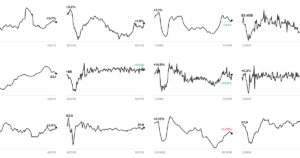











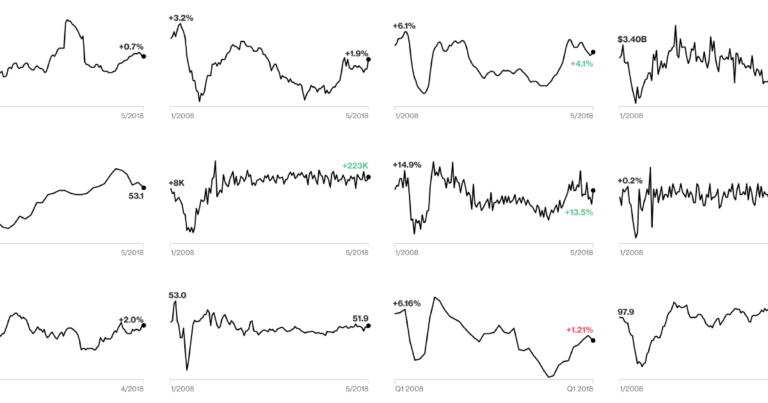
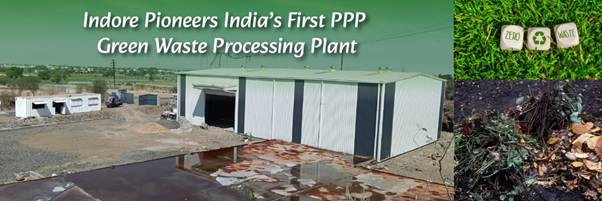
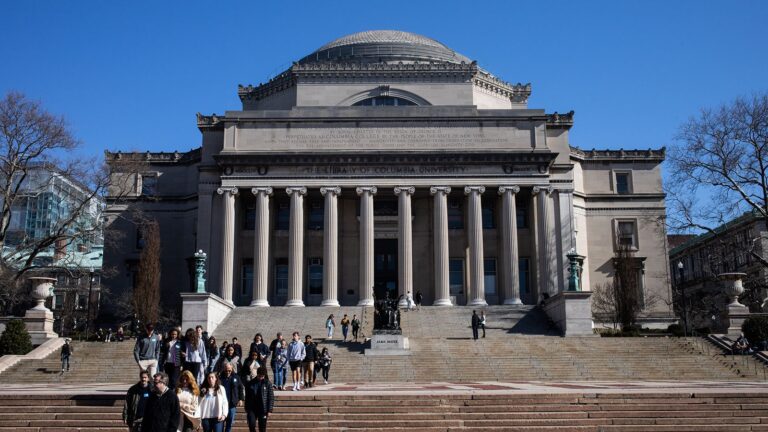




+ There are no comments
Add yours